THE SCIENCE OF NAPPING
If you’re sleep deprived you can’t learn, perform, or think as well. But, are naps a good thing? The perfect nap is a science based on circadian rhythms.
Let’s look at the science of napping, and how to nap, for the biggest brain benefits!
Louie loves to nap so he was far more enthusiastic about this post than our post about a new ocean mammal discovery!
Kidding aside, that’s an intriguing post.
Back to naps! The great news is that there are brain benefits to napping!
YES! WE CAN NAP FOR THE BIGGEST BRAIN BENEFITS. LIKE THIS BRAINY GUY!
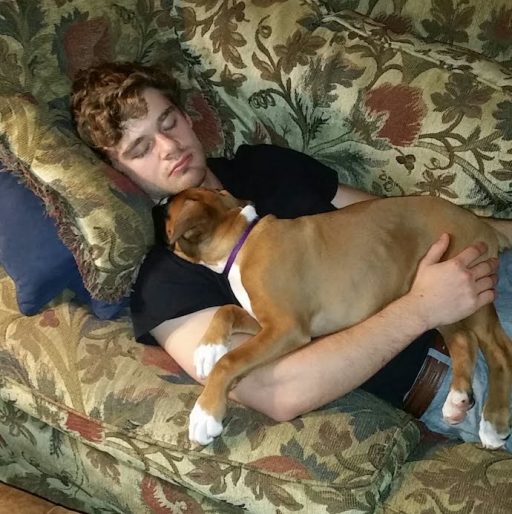
ARE NAPS A GOOD THING? (okay, you are savvy, picked up on the subtext and know naps are a good thing, but I want to share why...not to mention the brain benefits)
Ovid was a poet born in Sulmo, Italy on March 20, 43 BCE.
His most famous and revered work is “Metamorphoses,” considered a masterpiece alongside the works of Homer and Virgil.
Have you read Metamorphoses?
I haven't either
If you want to read metamorphoses, here you go!WHY DO WE SLEEP for 6-9 HOURS AT NIGHT?
Which brings me to the interesting question: Why do we sleep for 6-9 hours, then stay awake for twice as long?
Most people get their sleep in a single long bout, for 6-9 hours at night. This is called monophasic sleep.
However, evidence is emerging that we may not have been programmed to sleep in this way.
DANGER OF SLEEPING FOR 9 HOURS?
BIPHASIC SLEEP
Studies show that our brains may have been hard-wired for biphasic sleep.
Defined by the sleep foundation: Biphasic sleep is a sleep pattern in which a person splits their sleep into two main segments per day.
A person or animal may sleep longer at night, and then take a nap during the day. Someone may also split their nighttime sleep.
CIRCADIAN RHYTHM
For years, researchers have known that living organisms, including humans, have an internal, biological clock that helps them anticipate and adapt to the regular rhythm of the day.
Chronobiology is the study of circadian rhythms.
Take one, 24-hour period. I starve you. You’re hangry, of course.
What if I take away your water? You’re angry & thirsty.
But if I keep you awake for 24 hours straight, everyone will notice how compromised you are. The results could be dangerous.
BACK TO CIRCADIAN RHYTHM & THAT NAPS ARE A GOOD THING
SO WHAT DOES ALL THIS HAVE TO DO WITH THE SCIENCE OF NAPPING?
A LOT! THE PERFECT NAP IS A SCIENCE
What can we do about this drop in cognitive performance & concentration?
5 hour energy shots? Coffee? (for the perfect cup of joe, I’ve got a great post here)
We can take a nap!
A 2008 study showed that naps are better than caffeine when it comes to verbal memory, motor skills, and perceptual learning.
CAFFEINE & NAPPING
Caffeine causes most of its biological effects via antagonizing all types of adenosine receptors.
I would never bash caffeine or chocolate. I love both caffeine & chocolate but this post is about the science of napping!
What if we combine caffeine with our nap? How you ask?
Daniel Pink suggests this in his book, WHEN. Drink 200 mg of caffeine right before your 25-minute nap!

You’ll wake up without sleep inertia, right when your caffeine is kicking in!

NAP FOR THE BIGGEST BRAIN BENEFITS
Those boys are silly. Of course we care about brain benefits!
NASA PROVED THAT THE PERFECT NAP IS A SCIENCE
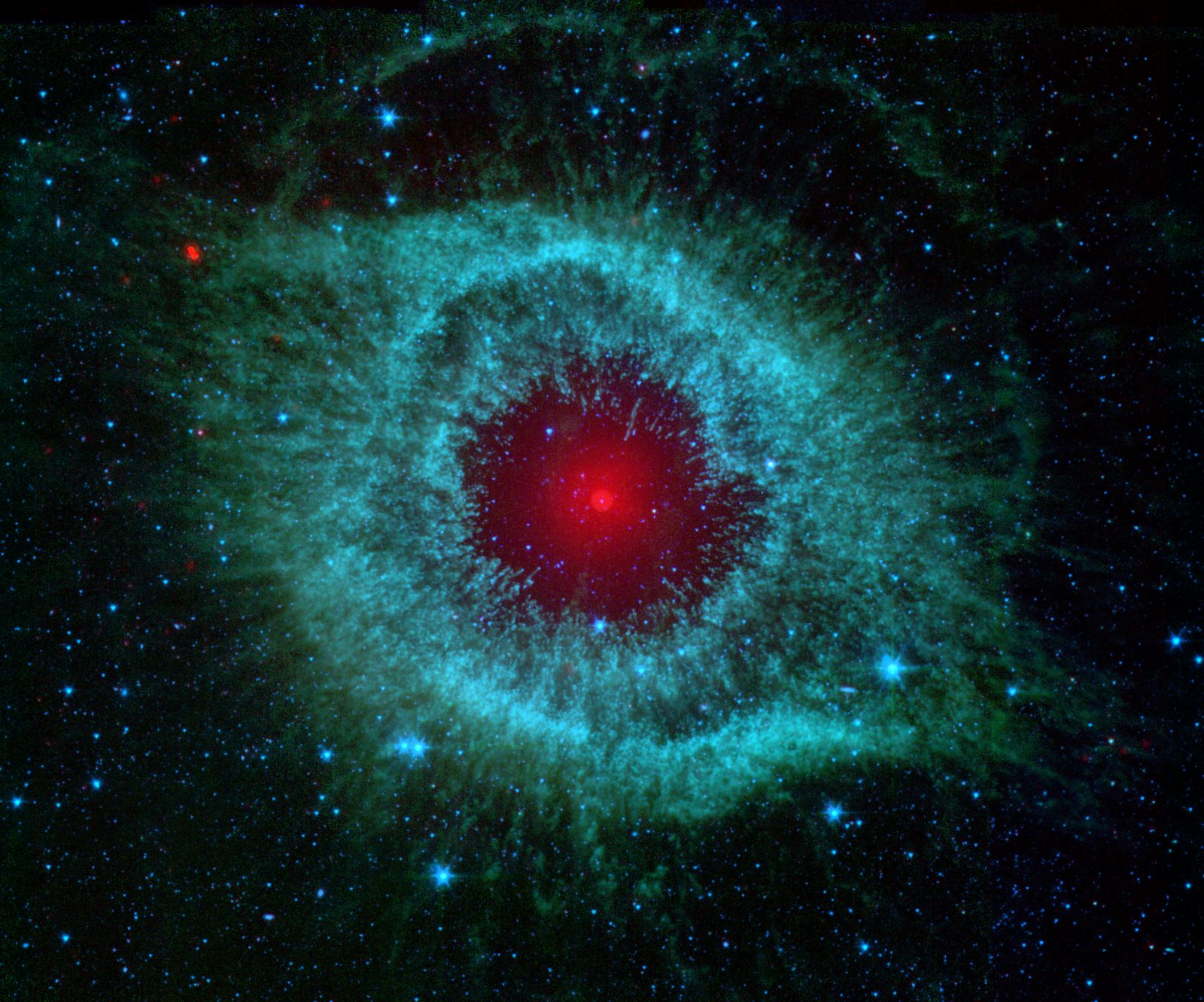
HOW LONG SHOULD YOU NAP?
According to NASA’s extensive research, the ideal nap is 26 minutes or shorter. Even ten minutes affords our brain great benefits.
Longer naps are associated with a loss of productivity and sleep inertia. (a period of reduced performance upon awakening from sleep.) Inertia is why you feel groggy after a long nap!
How about a half hour nap? 60 minutes? 90 minutes?
The benefits that come from napping correlate with what occurs during the 4 human stages of sleep.
NAPPING & INSOMNIA
Speaking of disrupted sleep, napping isn’t for everyone. If you have trouble falling asleep at night, insomnia, or staying asleep at night, napping could interfere. Here’s a link for the national sleep foundation if you’d like a few tips on combating insomnia.
In brief, try lowering the lights in the evening, don’t eat after 7, no caffeine or naps (!) after 3, and no screens in your bedroom will help nudge your circadian rhythms. Using a happy light in the morning or sitting in a bright room upon awakening is another way to trick your body into better rest at night & awakeness during the day.
NAP FOR THE BIGGEST BRAIN BENEFITS
So the next time you’re feeling drowsy, you could pour a cup of coffee or black tea, exercise, or eat some dark chocolate! Not altogether bad options.
Remember that there is another cozier alternative, one that has many cognitive, emotional, & performance benefits.
PLAN YOUR INTERACTIONS WITH OTHERS!
This post took me far longer than usual because I had to take frequent nap breaks!
Do you recharge your brain by napping?

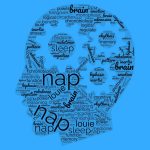



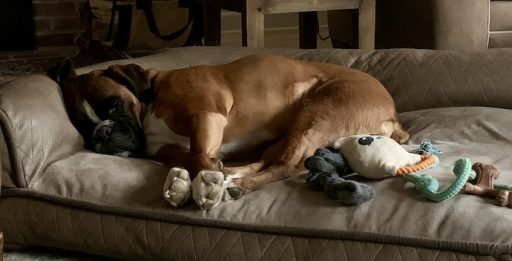
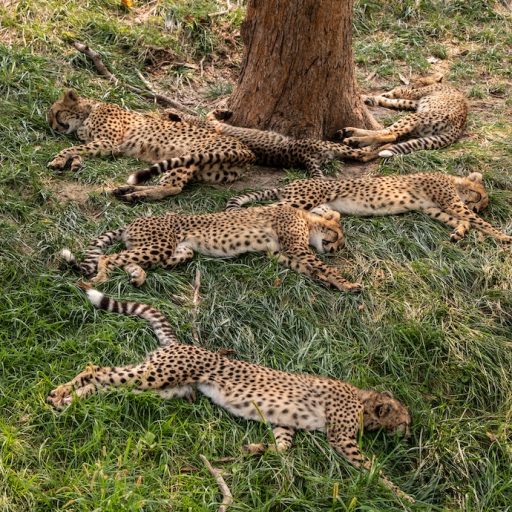



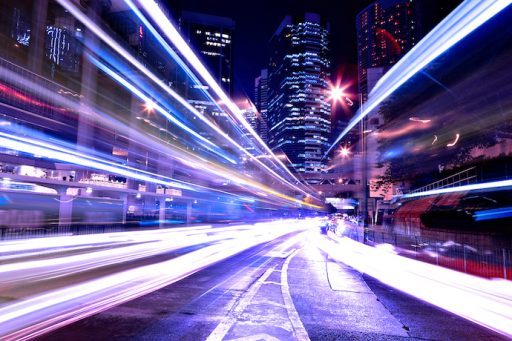

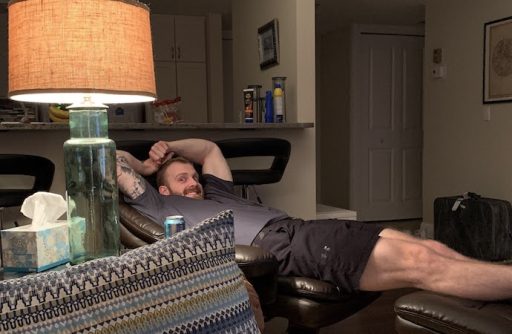
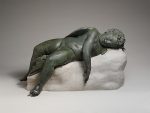
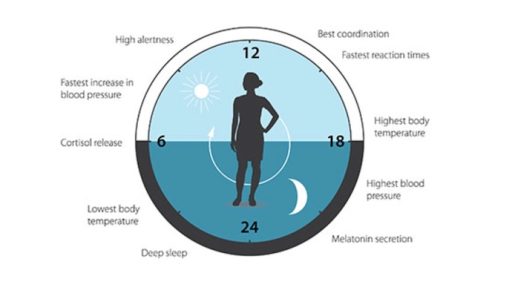
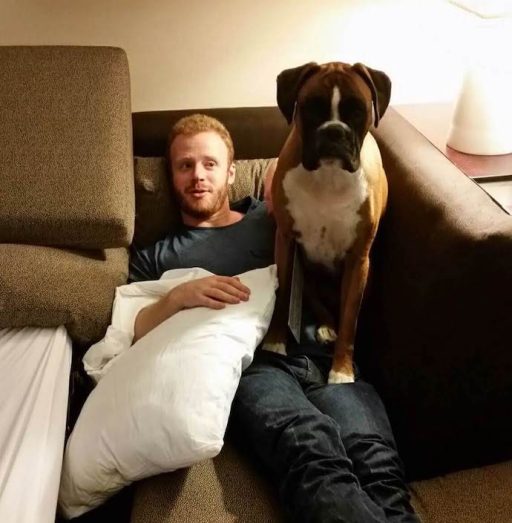
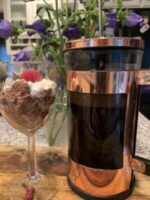

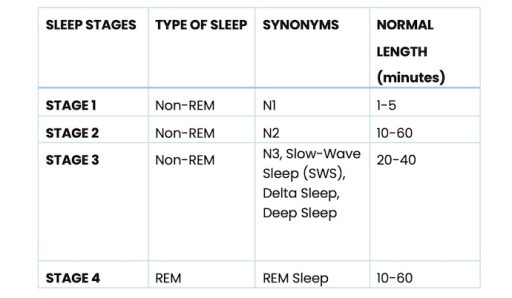
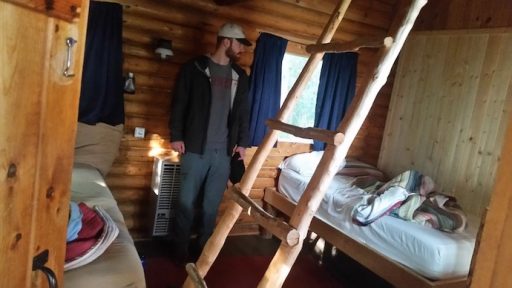


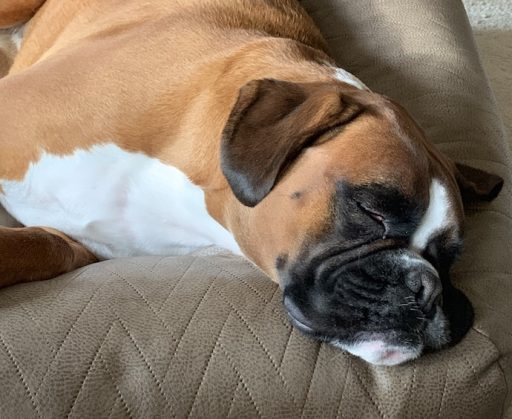

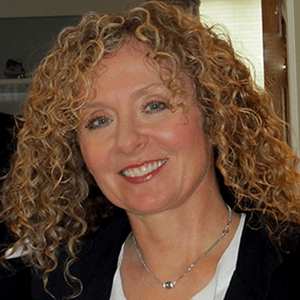
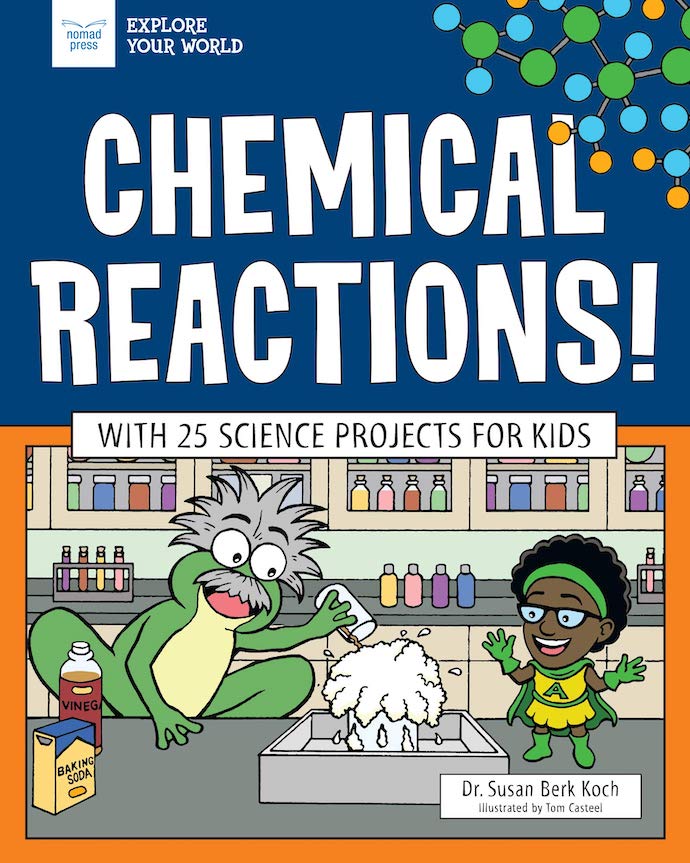
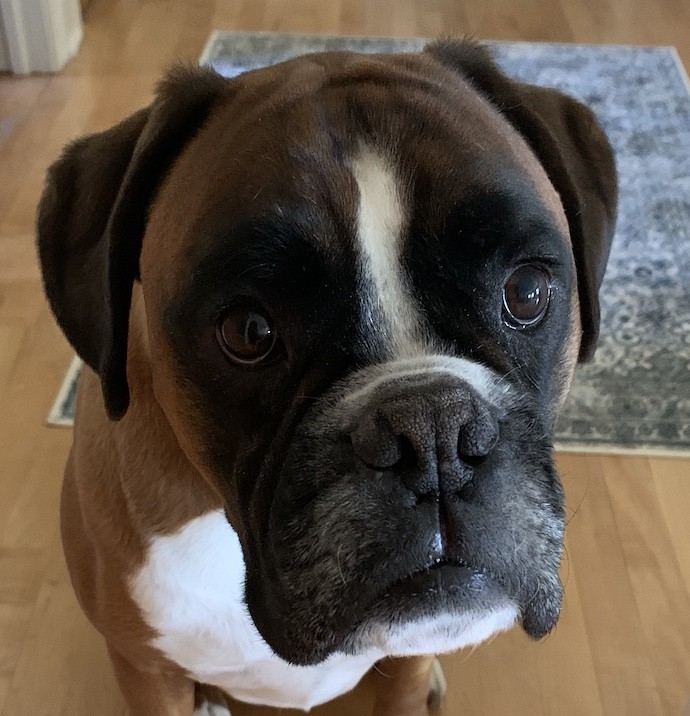
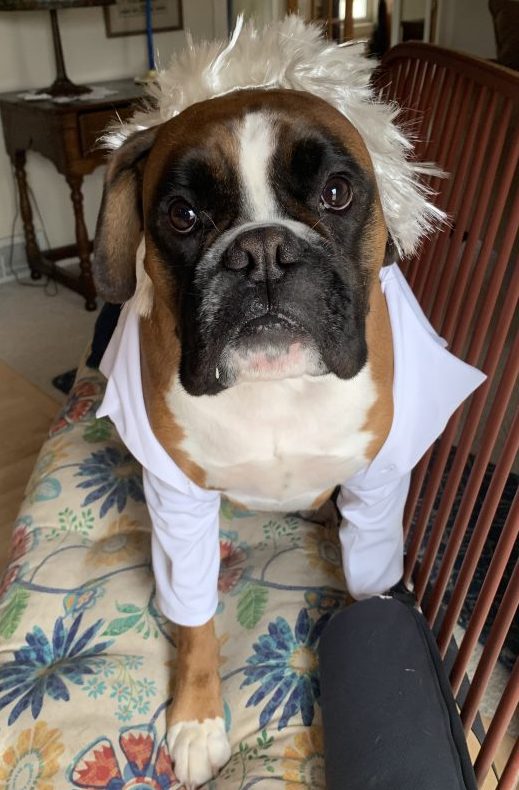
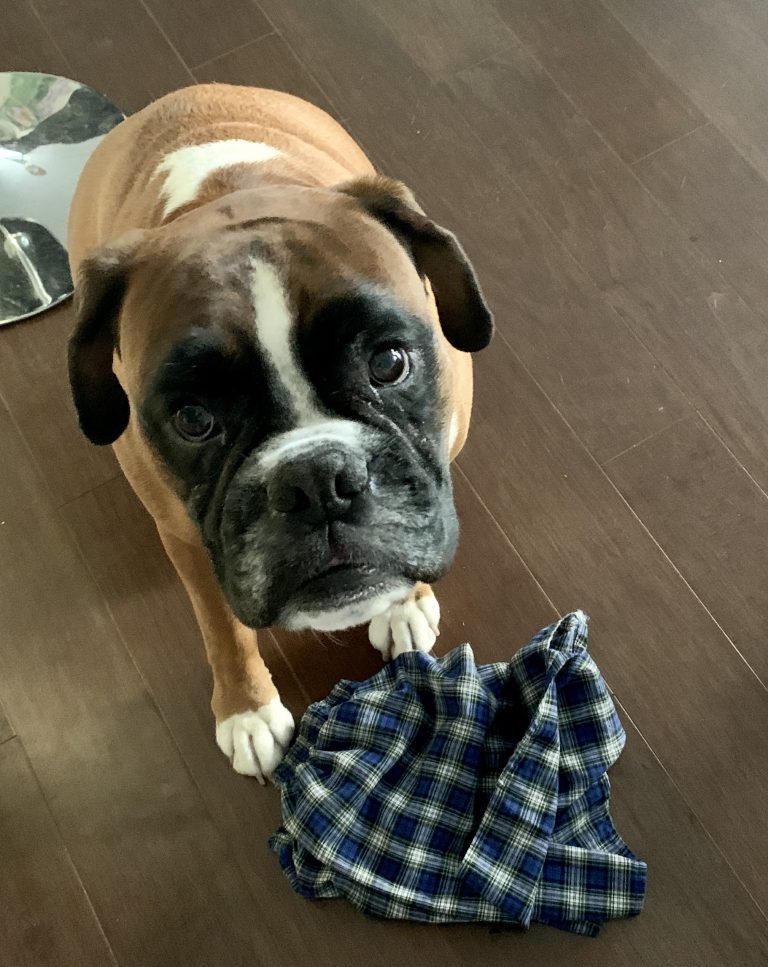
I wish I could sleep 6-9 hours a night, I don’t think I’ve managed that since being in primary school. I tend to only nap for a few minutes, but that’s normally because I start blacking out without warning. Taking a short nap stops that
It sounds as if you’ve got the nap science knocked down! Thanks!
How interesting that a 25-minute nap can have such benefits. I like meditation but this is a quick easy way to recharge. Thanks!
You’re welcome. Nap research is overwhelming. The brain benefits are enormous. Thanks!
For years I’ve taken a 10 to 15 minute nap at lunchtime. You’re right it really improves your alertness. Now that I’m retired a good hour nap seems most beneficial. Loved the post. Mike
Ah, so you know the secret! I’m happy to hear your positive report about naps and alertness! Thanks, Mike
Great post! As a big fan of napping, glad to know it does the brain good 🙂
A fellow napping fan! Excellent news. Yes, you’re doing your brain a big favor, too. Thanks!
I love naps! I didn’t realize that even a 10 minute nap could have such benefits. Thanks for sharing this!
It does seem hard to believe but yes, even 10 minutes is advantageous. Thank you!
I love a 20 minute afternoon nap on the living room couch where the sun streams in. Heaven.
Agreed! Thanks, Amy!
This is such a great post, I found this really interesting! I try to get 6-9 hours a nigh as I don’t survive very well with lack of sleep ahaha. I have to have a nap in the afternoon! Xo
Elle – ellegracedeveson.com
I’m so happy that you found my post interesting! I’m also pleased for you that you sleep 6-9 hours and take a nap. Your brain must be grateful! ha! Thanks.
Hi Sue! I’m not much of a napper, but here’s a phenomenon you might be able to shed some light on for me: When I’m faced with a difficult task of, say, editing and organizing a book manuscript, and there are so many options and choices to make, I instantly get so sleepy I could fall over. Any time of day. Your thoughts? Thanks! And thanks for always great posts.
Our brains are greedy and use up to 20% of our caloric intake! The pre-frontal cortex, where rational thought takes place is a calorie burning machine. All those difficult decisions cause anxiety, another calorie burner. You’ve run out of fuel. Try not to tax yourself with too many decisions at once. Divide the revision tasks into categories. Take breaks after each task. Do something physical such as take a walk, have a nutritious snack or take that nap. I hope this helps! And good luck with your revision. They can be daunting!
As always, I love your posts. So informative and entertaining to read.
I love a nap. With a little one, I never get enough sleep, so a nap in the afternoon is needed!
Absolutely! Nap when your little one naps! That is not the time to get anything done except to take care of yourself. Kudos! And thanks.
This is such great information about napping! I usually have a hard time napping, but sometimes, it’s definitely necessary!
Agreed! Thanks so much.
I’ve never been able to nap. I’m quite a poor sleeper and struggle to go to sleep during the day!
Corinne x
I’m sorry to hear about your poor sleep! Have you tried melatonin before bed?
I love sleeping and of course I do love taking naps. This post gave me more reasons to continue doing so. I use a fitness tracker and have noticed that ever 20-30 minutes nap has a major effect on my energy levels and my ability to stay consentrated. Really informative post!
Proven results via your fitness tracker! That’s great. Thanks so much, Eri!
Love this post! I absolutely loveeee a good afternoon nap because I always experience a drop of energy in the afternoon at around 2pm. I tend to go for a nap instead of coffee – I actually feel like coffee doesn’t do an awful lot for me!
I find that coffee in the afternoons gives me limited success staying awake, too. I recently listened to a lecture and the sleep researcher suggested drinking coffee right before the nap. She said that we’d awaken after 25 minutes, right when the coffee is taking effect. I’ve never tried that but it’s an interesting hypothesis. Thanks, Jenny.
I’m not much of a napper but interesting to read the benefits. Thanks for sharing!
I’m glad you found my post interesting. Thanks for stopping by, Anika!
I like naps but I stopped taking them because I’m almost all day busy. Great post about napping.
Busy in a good way, I hope! Thanks for the kind words!
This is so interesting! I love nothing more than having a 15-20 minute power nap when my body requires it. You can certainly see the chaos on sleep patterns that jet lag produces. When on vacation 8 or 9 time zones away I have a hard time falling asleep only doing so when everyone else is getting up! Thanks for sharing.
I didn’t include jet lag in the post because I tend to write long, but yes, that is an excellent point about how time zones and light/jet lag affect our circadian rhythms! Chaos! Thanks for bringing that up. Where do you go on vacation that’s so far from your time zone? Sounds exciting! Thanks.
I travel from Vancouver to Europe yearly (pre-pandemic). My hubby sleeps without difficulty and feels great. I take 3 or 4 days to be able to get. 7 hour sleep.
That sounds like a lovely trip! Your husband is a lucky man to be able to sleep on flights and feel fine in spite of all those time zones. I hope your trip is long so you have time to acclimate & enjoy yourself!
This is a really interesting post for someone like me who struggles to sleep through the nigh. I guess my dog has the right idea!
Louie has the right idea, too. They must both have enormous brainpower! Thanks!
I’m definitely a fan of a power nap here and there; they pretty much saved my sanity over the last couple of years when sleep had bee alluding me — thanks for all this info, it’s fascinating!
Power nap fans, unite! I’m also happy that you found my post fascinating. Thanks, Molly!
This is a really interesting post! I hate napping and it never makes me feel any better- unless I’m ill I try to avoid it. This is really interesting though and I enjoyed finding out more about the science behind it x
Maybe your naps run too long? It’s a tricky business, without question. Either way, I’m gratified that you found the science behind naps interesting! Thank you, Eleanor!
Yes it could be that, and I found this post very insightful- who knows, maybe it will help me properly nap in the future!
Maybe armed w/ new knowledge, you’ll find your napping sweet spot! Check back in with me and let me know.
I will do x
I’ve never been a good napper (or sleeper in general). I’ll try some of these tricks.
My husband isn’t a good sleeper but he’s perfected the art of the power nap. I didn’t include too many tips for sleeping but no TV or phone in your bedroom in a big one. The light disrupts melatonin production. I hope my post helped! Thank you!
My husband takes naps every day. He always has. Unfortunately, I have never been one to nap, unless I’m completely exhausted. I wish I could nap, because I’m a bit of a night owl and rarely get enough sleep.
Ah, that’s tricky! Your circadian rhythm isn’t coordinating with the Earth’s rotation. That or you’re more sensitive to light. You could try altering your environment to achieve better sleep. Turn down the lights in the evening, no screens b4 bedtime, no eating after 7, no caffeine & no napping after 3 may nudge you to an earlier bedtime. Also, using a happy light and/or sitting in bright sunshine first thing in the morning will help. Let me know if you try any of these techniques. Thanks, Kathy!
Ok this time your post rhythm was a bit different. Good ofcourse but different. Didn’t know the phases names. I find hard to sleep and naps are impossible in my case haha. But I learnt l. Thanks for sime good info. Xx
Isa A. Blogger
https://www.lifestyleprism.com/
Ah, sad to hear about your sleeping issues. You’re welcome for the good info! And thanks.
This was really interesting. My sleep pattern has been awful lately. I’ve only been sleeping about 3 hours a night but have been benefiting from a couple of naps in the daytime.
I’m sorry to hear that your sleep pattern is off. I hope you can get yourself back on track. Sending you positive thoughts and finding ways to recalibrate. For now, at least you can rely on napping. Thanks, Kelly.
Fascinating! I was never a napper, but learned to be one whilst pregnant. Freaking love to take a nap now.
I started napping after the boys were born, too! A 25 minute nap is an invaluable tool to recharge. Thanks so much!
Thank you, Susan! Your posts are so interesting and informative! By the way, I’ve heard that swimming in salt water makes people sleep better? Is that really the case?
All the best!
I’ll need to check into the saltwater swimming as it may affect sleep! Thanks so much.
I heard that you actually need a 15-30 minutes nap break in the middle of the day to boost your energy. I tried several times and it surely works!
I’m happy to hear that your experience validates the science! Thank you for sharing!